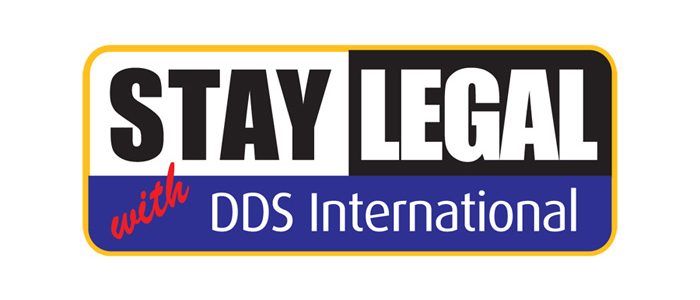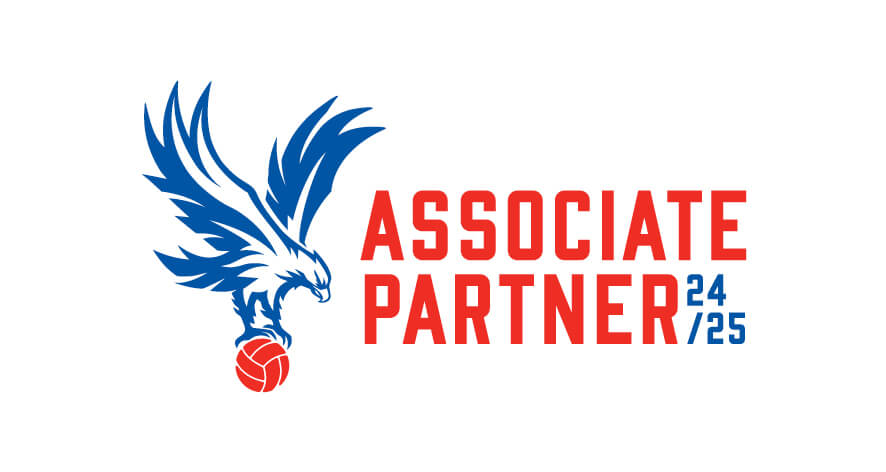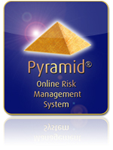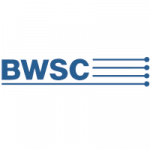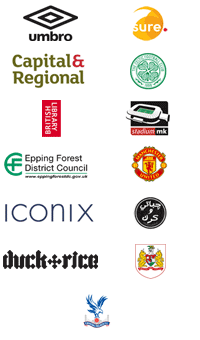7 Most Shocking Contaminants Found in UK Foods
While I was researching for my 22 Cases of Bacteria Contaminated Food Recalls in the UK article I came across some quite bizarre and shocking contaminants which required a nationwide recall that I want to share with you.
I will now count down the seven most shocking contaminants I have discovered. This list is composed using the Food Standards Agency’s historic records of food alerts news.
7. Insects
Insect contamination and infestation is a relatively common cause for product recalls in food produce.
The most reported contamination was that of Lightbody Ventures Ltd. The company had to recall two varieties of its Annabel Karmel Chewy Bars as the products may have been subject to insect infestation. The healthy treat packaged in Disney art and aimed at children contained insect larvae that look like maggots. The company received three complaints but decided to withdraw the whole range and not just batches of the product. The source of the contamination is not known.
The insects are believed to be a maggot – a larvae of some sort. They have been sent for analysis to find out more – FSA spokesman
Other notable cases were P&B (Foods) Limited who had to recall batches of their Heera and Parivar coriander seeds on a precautionary basis and Lubna Foods Ltd who had to recall batches of their Manzoor Dry Dates.
6. Rice Weevils
Spar had to recall all of its own-brand pudding rice because the product may have been contaminated with rice weevils. Rice Weevils are a serious stored product pest which attacks several crops, including wheat, rice, and maize.
5. Propan-2-ol (Rubbing Alcohol)
There are a couple of news articles relating to the contamination of Vodka with Propan-2-ol. The first reports on fake vodka containing the chemical which was removed from shop shelves after a joint operation by the Food Standards Agency and Lewisham Council. The second was in regards to Illicit Smirnoff Red Label Vodka (which was not just limited to high levels of Propan-2-ol but other chemicals like methanol) that was found to be on sale around the country. Both cases had high levels of Propan-2-ol, which could have caused damage to the health of anyone drinking it.
The worst thing is if you drink too much of this stuff, you can get kidney failure, you can get liver failure. With methanol, particularly, it can lead to permanent blindness. – Dr Vikas Sodiwala – Emergency Medicine Consultant at Lincoln County hospital
4. Horse Meat
The horse meat scandal was huge in the UK and started once traces of horse meat were found in consumer products. The discovery of horse meat in beef products led to a range of processed foods being withdrawn from sale not only in the UK but across Europe too.
Product withdrawals were made at some of Britains giant brands including Tesco, Sainsbury’s, Asda, Waitrose, co-op, Lidl, Aldi, Morrisons, Bird’s Eye and Taco Bell.
The source of the horse meat is not known because of the complexity of the food industry’s supply chains across Europe. It is thought that increased profits is the motive for the fraud. Horse meat is a lot cheaper than other meats in some countries.
3. Phenylbutazone (Veterinary Medicine)
Asda had to recall all batch codes of its ‘Smart Price’ Corned Beef because of very low levels of the veterinary medicine phenylbutazone. Phenylbutazone, also known as bute is a painkilling drug mainly used on horses. Phenylbutazone treated animals are not allowed to enter the food chain because the medicine could pose a risk to human health.
2. Pain Relief Tablets
Tesco recalled its own-brand 4 Chocolate & Nut Ice Cream Cones because pain relief tablets had been found within two individual cones. Tesco were alerted to the product contamination by two customers in two separate incidents which gave cause for a precautionary basis recall.
1. Cocaine
At number one in the list of most shocking contaminants is the illegal drug, cocaine. The drug was found in a bottle of Caribbean soft drink called Cole Cold Pear-D and was tragically linked to the death of one person in Southampton. Joromie Lewis, 33, of Hampshire, a Royal Navy veteran became ill immediately after trying a small amount of the drink. Hampshire Police said laboratory analysis showed the drink contained a lethal amount of cocaine.
The soft drink was manufactured in the Caribbean by a company that does not export it to the UK. It is thought that bottle of pear juice drink was used to try and bring the drug into the UK.
We can only assume that the product entered the United Kingdom through irregular and unauthorized means and is therefore considered contraband. – SM Jaleel & Co Ltd

